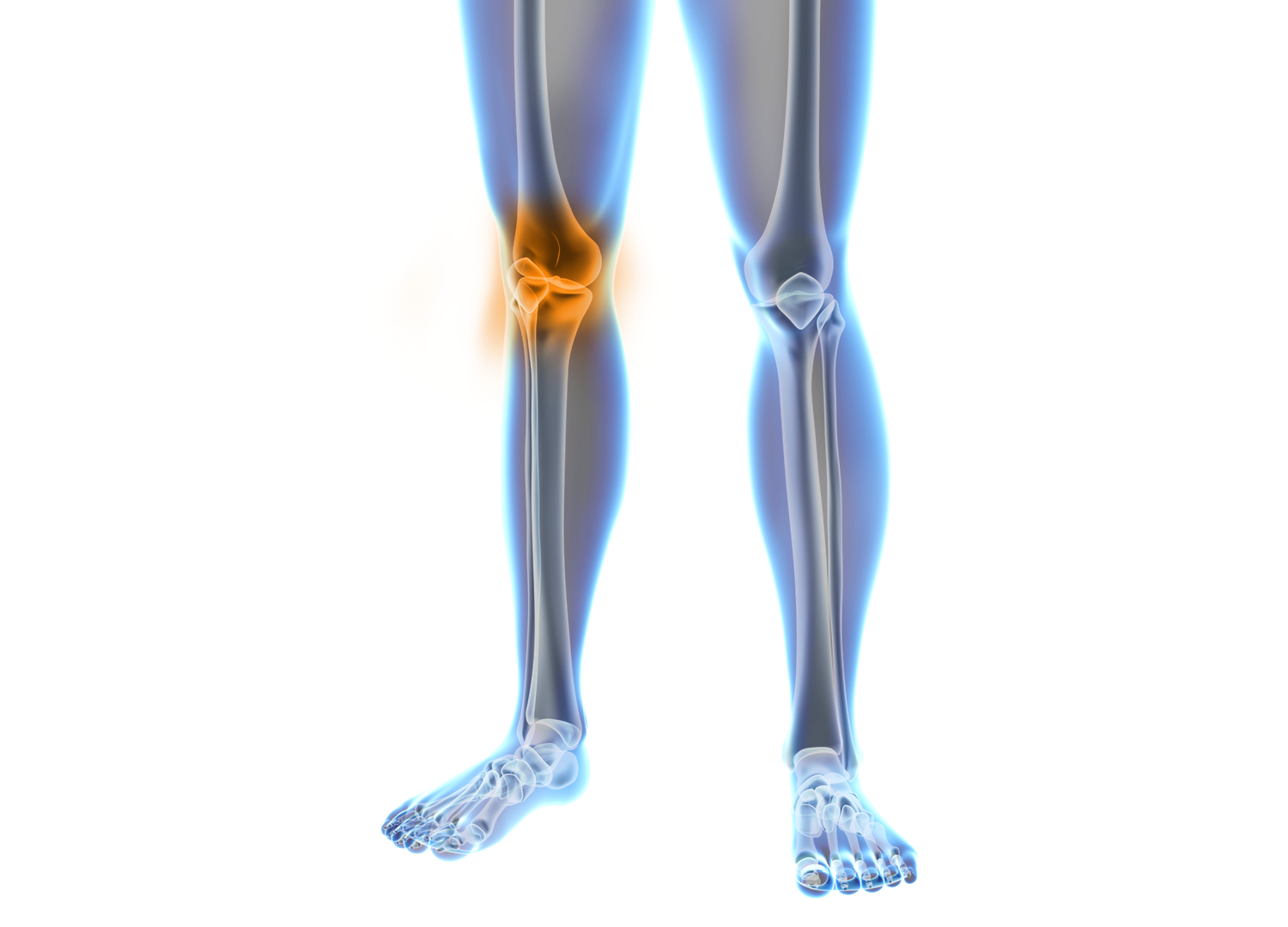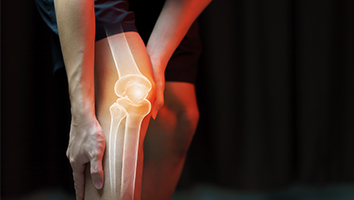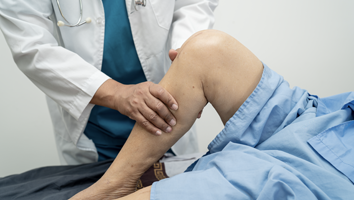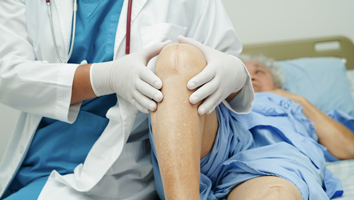Knee Care
Your knee joint is a remarkable engineering marvel, enabling you to walk, run, and conquer life's challenges. If you are burdened by knee pain and limited movement, consider the life-changing benefits of knee replacement surgery. Embrace the possibility of a brighter, more mobile future, and take that first step toward a life without knee pain.














